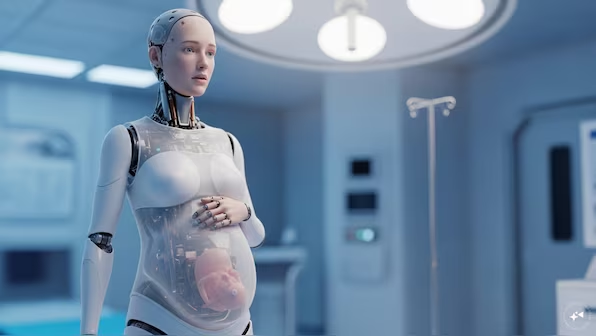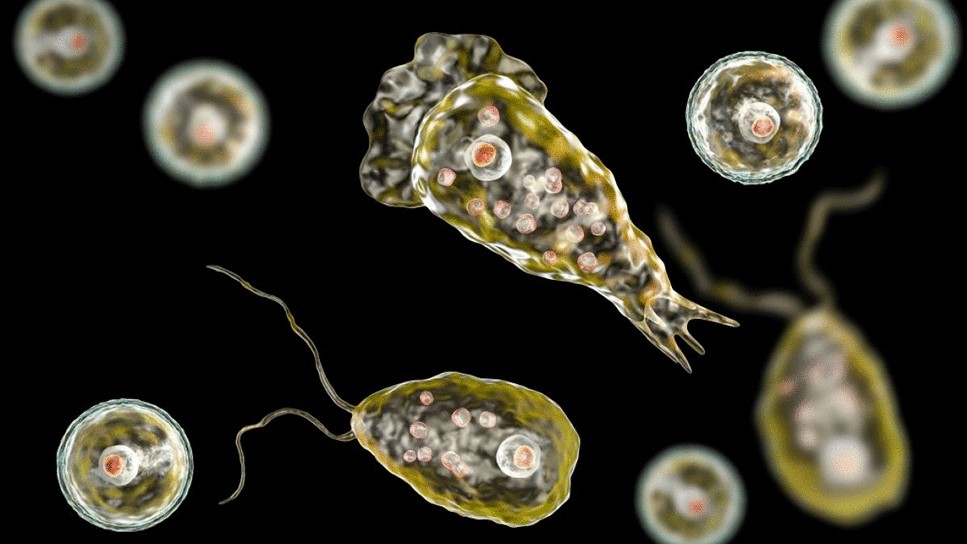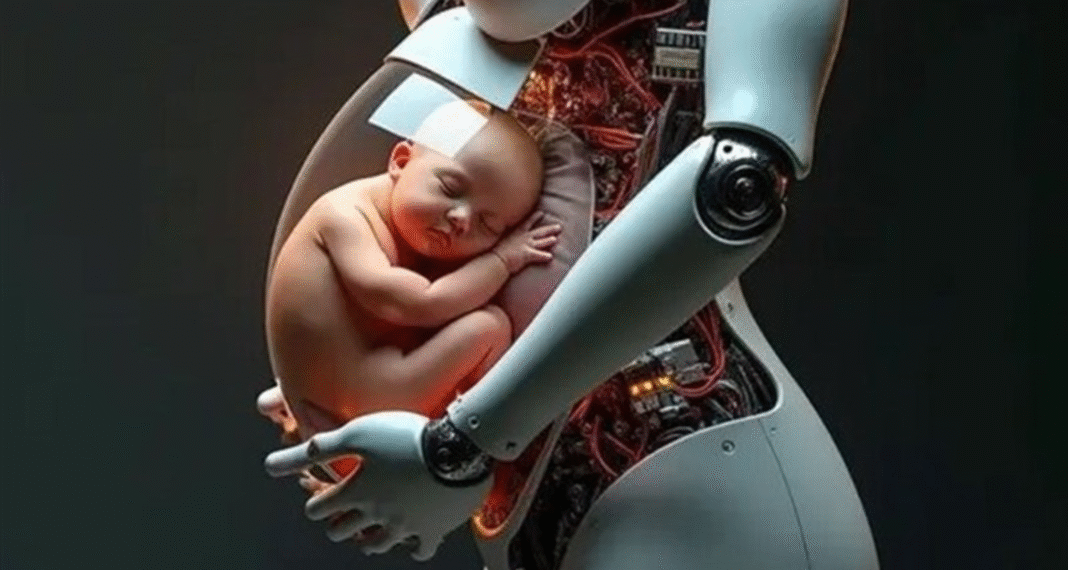Critics doubt science can fully replicate the complex role of maternal hormones or replace the natural bond between mother and child.
Guangzhou: In a groundbreaking development, scientists in China claim to have designed a humanoid robot capable of carrying and giving birth to a baby. The project, led by Dr. Zhang Qifeng of Kaiwa Technology in Guangzhou, aims to replicate natural pregnancy inside an artificial womb.
According to reports, the fetus would grow inside the robot’s abdomen in a womb-like space filled with artificial amniotic fluid. The baby would develop over nine months, receiving nutrients through a tube before delivery. Dr. Zhang, a PhD graduate from Singapore’s Nanyang Technological University, said the technology has reached a “mature stage” and only needs to be integrated into the robot’s body for interaction with humans.
A prototype is expected to launch next year with a price tag of around 100,000 yuan (₹12 lakh). While details about fertilization and implantation remain unclear, the idea builds on earlier experiments where premature lambs survived for weeks in “biobags.”
Legal and Ethical Debates
The innovation has sparked intense legal and ethical debates. Advocates believe artificial wombs could help tackle rising infertility in China—cases jumped from 11.9% in 2007 to 18% in 2020. Supporters also argue that the technology could protect women from pregnancy-related health risks and free them from the physical strain of childbirth.
However, critics warn of profound moral implications. Many doubt science can fully replicate the complex role of maternal hormones or replace the natural bond between mother and child. Some fear it could reduce pregnancy to a mechanical process. Feminist thinker Andrea Dworkin once cautioned that artificial wombs might signal “the end of women,” while researchers from The Children’s Hospital of Philadelphia argued that such advances risk treating pregnancy as a disease.




